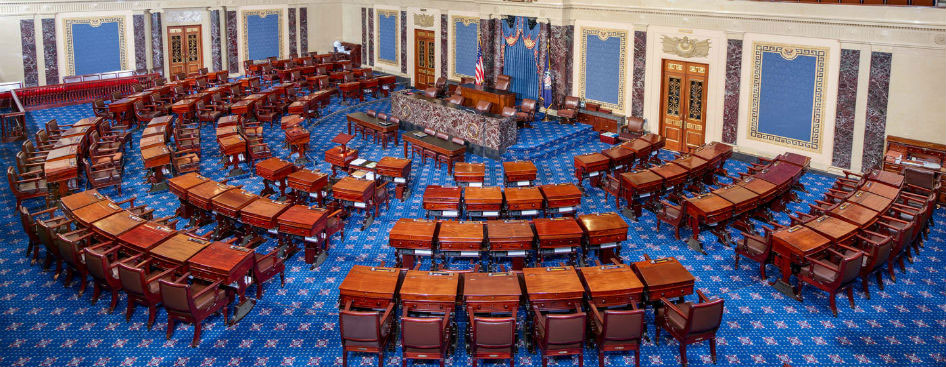A group of Senate Democrats has asked President Biden to suspend waivers of “Buy American and other domestic procurement preferences” for countries that are parties to trade agreements for procurement using Covid-19 funding. This post considers the role of those waivers in meeting U.S. obligations under trade agreements, the Buy American provisions that are not subject to any waivers and the agreement-compliant approach the administration is using to remove essential medicines from U.S. trade obligations.
In a March 15 letter, 13 senators, led by Senators Tammy Baldwin (D-WI) and Sherrod Brown (D-OH), urged the president to use his authority under the Trade Agreements Act of 1979 (TAA) to suspend Buy American and domestic procurement preference waivers “for all extraordinary COVID-19 relief and recovery-related spending (including recovery-related infrastructure spending).”
The senators’ letter focuses on the authority of the president but does not acknowledge that they are asking him to violate U.S. obligations under the WTO Government Procurement Agreement (GPA) and free trade agreements (FTAs). Without the waivers, the U.S. would not be able to comply with the fundamental principle of those agreements – to treat the goods of its trading partners in the same manner as American-made goods.
The request may also create the impression that the U.S. waives numerous domestic preferences for trade agreement partners. In fact, under TAA authority, the U.S. waivers apply to only two domestic preferences: the Buy American Act of 1933 and the Department of Defense’s Balance of Payments program. The Buy American Act establishes price preferences for federal government purchases of U.S.-made supplies and construction materials for use inside the United States, unless an exception applies. The Balance of Payments Program applies similar domestic preferences to defense department purchases for use outside the U.S.
With regard to the other domestic preferences that Congress has enacted, the U.S. excludes the procurement subject to those preferences from its commitments under the GPA and FTAs. The exclusions cover procurement set aside for U.S. small and minority businesses, goods purchased by the Defense Department under the Berry Amendment and procurement in highway, transit and railway projects undertaken by state and local governments with federal funds.
Rather than the broad unilateral approach advocated by the senators, the U.S. would be better advised to follow the targeted approach provided in the GPA and FTAs for modifying coverage commitments. The U.S. is already using those modification provisions to remove essential medicines and related products, including personal protective equipment, from U.S. coverage. That process, which was initiated by the Trump administration and has been supported by the Biden trade team, seeks to maintain a balance of rights and obligations and a comparable level of mutually agreed coverage.
The course recommended by the senators would open U.S. goods, services and suppliers to retaliation, in particular exclusion from foreign procurement, and set an unfortunate precedent for other countries.
Jean Heilman Grier
March 19, 2021
Related Posts
Trade Agreements Act of 1979: Broad Authority, Narrow Application
U.S. Proposes Removal of Essential Medicines from GPA
Biden Team Supports US Proposal to Withdraw Medicines from GPA


